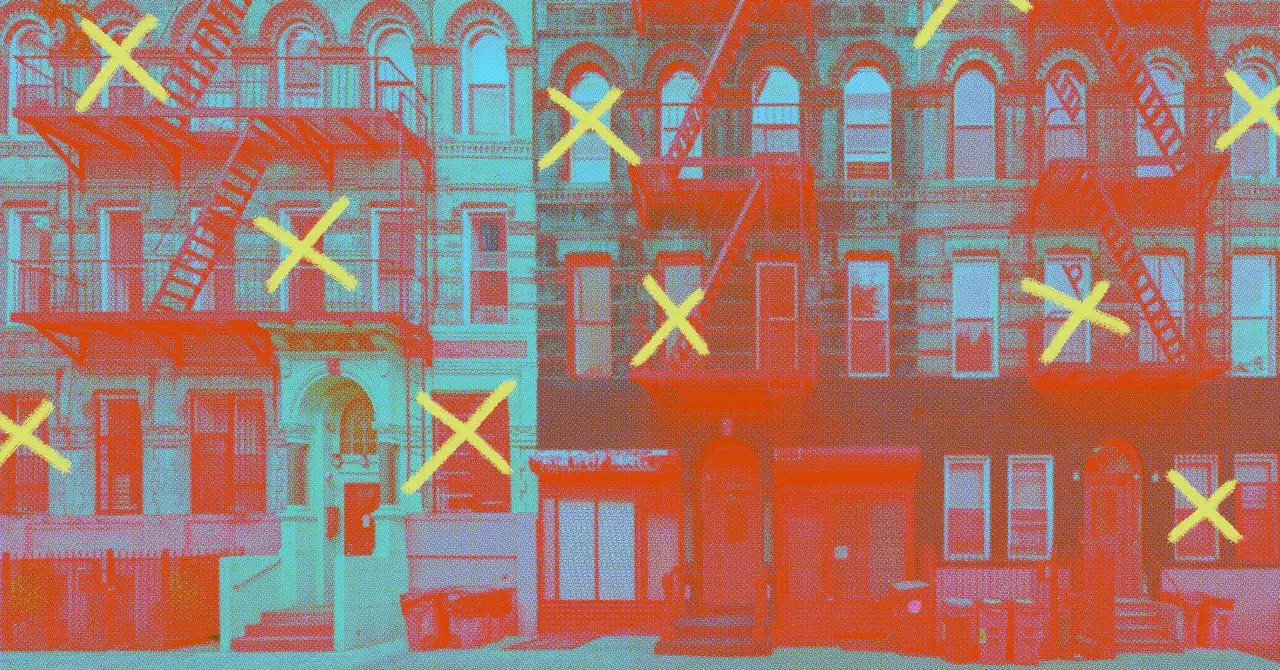New York’s Local Law 18, which restricted most whole-apartment rentals for short-term stays on platforms like Airbnb, has been in place for a year now. The law aimed to lower rents in the city and open up apartments for full-time residents. However, Airbnb is raising concerns about whether these goals have been achieved. The company believes the law has not been effective in achieving its intended outcomes, as rent prices remain high and housing availability low in the city.
Airbnb’s Reaction and Requests
Airbnb fought against New York’s Local Law 18 in court, arguing that it served as a “de facto ban” on the platform. Despite their efforts, Airbnb was unable to block the law. Now, the company is urging New York to reconsider the restrictions. They are advocating for changes that would allow people to rent out their primary residence for short periods when they are away, as well as overturning regulations that prohibit locking internal doors for stays shorter than 30 nights.
When New York passed the law, it served as a test case for regulating short-term rentals. Many cities globally have grappled with similar issues surrounding short-term rentals, such as noise disturbances and housing scarcity for locals. Barcelona recently announced plans to ban all short-term rentals in the city by late 2028. These regulations, while intended to address housing concerns, have faced opposition from property owners who rely on short-term rentals for additional income.
Following the implementation of New York’s short-term rental law, there was a significant decrease in Airbnb listings for stays under 30 nights. The number of short-term rentals on the platform dropped by 70%, with some neighborhoods experiencing a 90% reduction in listings. Despite this decline, there are still over 5,000 short-term rentals available in New York, compared to 32,000 stays lasting 30 nights or longer. This suggests that many short-term rentals have not transitioned to yearlong leases but remain on platforms like Airbnb for mid-length stays.
New York’s efforts to regulate short-term rentals through Local Law 18 have had mixed results. While there has been a notable decrease in short-term rental listings, concerns remain regarding the law’s impact on rent prices and housing availability. Airbnb is advocating for changes to the law to allow for more flexibility in renting out primary residences and to address specific regulations that hinder short-term stays. As discussions continue, it will be crucial to find a balance between regulating short-term rentals and supporting property owners who rely on platforms like Airbnb for additional income.

